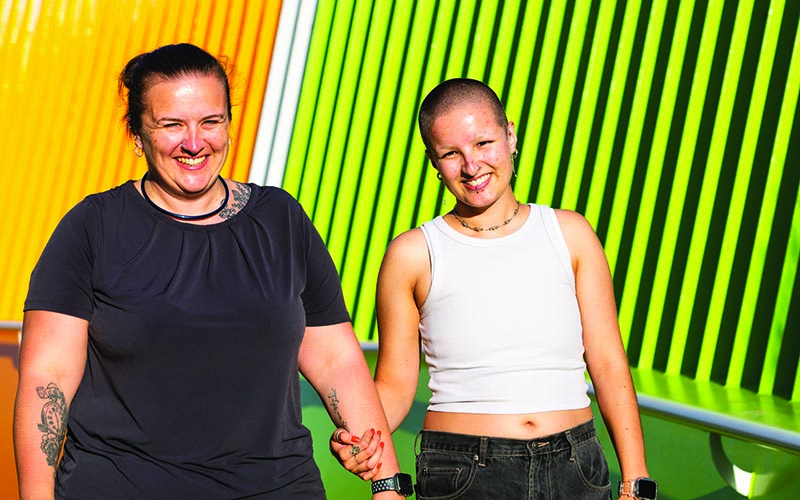Search
Research
Catalysing change in health and medical research policy: an Australian case study of deliberative democracy to reform sex and gender policy recommendationsRevising public health policy based on new data does not happen automatically. This is acutely relevant to the now undeniable evidence that many diseases develop differently between the sexes and may also be affected by gender. Current health and medical practices across the globe generally fail to cater for sex and gender effects in common diseases.
Research
“An expected part of being trans”: The experienced and anticipated stigma of trans adolescentsTrans adolescents experience and anticipate stigma to the detriment of their mental health; however, trans adolescents have rarely been consulted about their stigma experiences. This study aimed to understand trans adolescents’ lived experiences of experienced and anticipated stigma.

A new website for parents of trans children and young people across Australia is expected to improve family wellbeing and ultimately save lives after launching in May 2023.
Research
Rates and types of hospitalisations for children who have subsequent contact with the child protection systemTo determine whether children who have child maltreatment allegation or substantiation have a higher rate of general hospital admissions and injury related admi

Research
Transforming FamiliesWe want to better understand the relationship between parents/carers and their children who identify as trans or gender diverse with the aim of improving the well-being of the whole family.
Research
Gender-Neutral Toilets: A Qualitative Exploration of Inclusive School Environments for Sexuality and Gender Diverse Youth in Western AustraliaSchool toilets have been identified by sexuality and gender diverse (SGD) students as the least safe spaces in educational institutions. They are sites of verbal, physical and sexual victimisation.
Research
Lived Experiences of Empowerment in Parents of Trans Children and AdolescentsThe construct of empowerment is associated with beneficial outcomes in numerous populations with well-being across multiple domains. Within families, empowerment has been found to be related to both parent and child well-being. As such, empowerment appears to be a promising concept to support parents of young (< 18 years) trans and gender diverse children and adolescents; however, what empowerment means for parents of trans children and adolescents is not known.
Research
A scoping review of trans and gender diverse children and adolescents’ experiences of physical activity, sport, and exercise participationThis study investigated the potential of using SARS-CoV-2 viral Increasing young people's physical activity, along with their motivation and confidence to be active, is widely advocated for supporting desirable health outcomes. Trans and gender diverse (henceforth; trans) young people experience significant physical activity-related barriers compared to cisgender (i.e., an individual for whom gender identity and sex presumed at birth are in alignment) peers.
Research
Perspectives of LGBTQA+ young people on suicide prevention services in AustraliaLGBTQA + people are less likely to access mental health care despite an increased risk of adverse mental health outcomes including suicidal thoughts and behaviours. The present study aimed to explore Australian LGBTQA + young people's perceptions of key factors associated with access to suicide prevention services.
